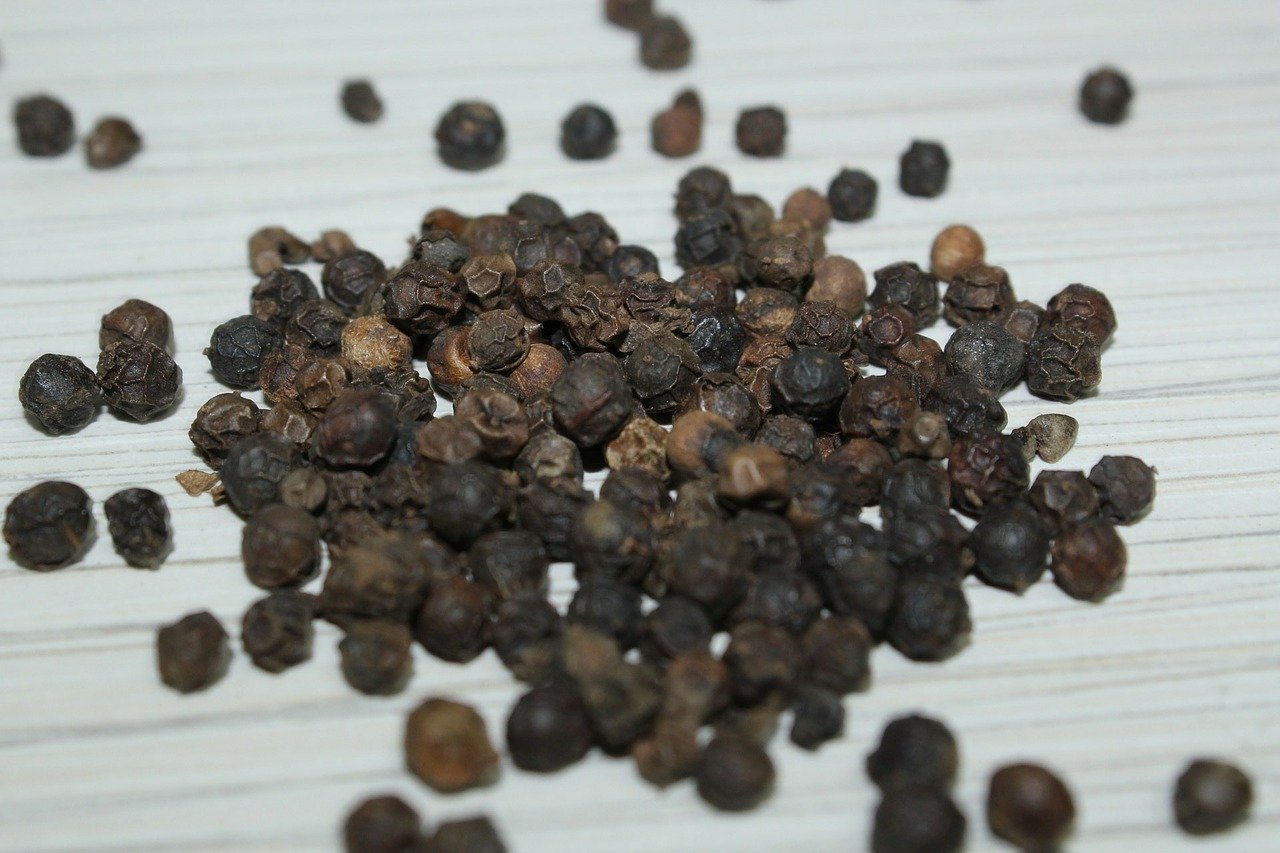In February 2019 researchers from Mauritius, India, South Africa and Turkey published their review on the medicinal aspects of black pepper (Piper nigrum L.). India was seen to have the highest number of reports of black pepper usage for both human and veterinary medicine, mainly for menstrual and ear, nose and throat disorders in human and gastrointestinal disorders in livestock. The black pepper seeds and fruits were mostly used, mainly in powdered form, pills or tablets and paste. Black pepper was reported as having important pharmacological properties, including antimicrobial activity. Studies have also reported on its antioxidant effects against a series of reactive oxygen and nitrogen species, as well as having an anti-cancer effect with respect to breast, colon, cervical and prostate cancers. Black pepper also appears to have antidiabetic properties, as well as being able to decrease the levels of total cholesterol, triglycerides, and LDL(bad)-cholesterol. Anti-inflammatory, analgesic, anticonvulsant and neuroprotective effects have also been observed. The major active compound identified in black pepper is piperine although other compounds have also been identified including piperic acid, piperlonguminine, pellitorine, piperolein B, piperamide, piperettine, and (-)-kusunokinin. Further research into black pepper is therefore required to assess potential nutraceutical applications.
Takooree H et al. A systematic review on black pepper (Piper nigrum L.): from folk uses to pharmacological applications. Crit Rev Food Sci Nutr. 2019 Feb 11:1-34. [Epub ahead of print]

